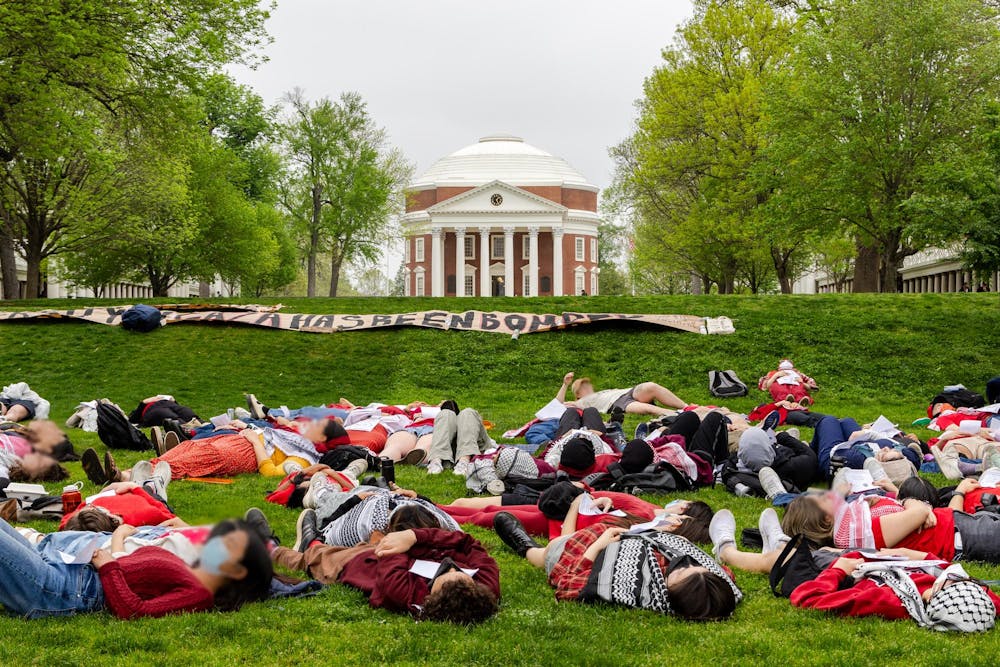Wylie Brunman’s Oct. 7 article advocates for student dialogue for conciliation around Israel-Palestine. However, it omits some important considerations about the past year of conflict and the nature of dialogue.
Dialogue is an easily accessible and politically feasible option, and seems deceptively productive, but the rhetoric of “conciliation” creates a misleading equivalency between pseudo intellectualism and actual change. Resolving ideological differences through dialogue is just that — resolving ideological differences.
Yes, it does create less divided student bodies and more student-to-student empathy which we should and do value. But by creating an intellectual understanding and momentary consensus with peers, we are easily able to forget that the actual circumstances and suffering of the conflict still exist and are continuing on the ground, in real time. Dialogue too often reframes conflict, normalizing rather than rectifying conditions of injustice, and absolving students of responsibility to their global peers and moral compasses.
While it is true that polarization is at an all-time high, calls for civil dialogue are obviously skewed. In a social, cultural, and political atmosphere already so hostile to Palestinian existence, much less equality, what truly equitable conversations can possibly exist? When the status quo is itself heavily biased, what productive conversation can be had? Pushes for dialogue are unfortunately marred by a misunderstanding of the circumstances in which this ideological conflict plays out in America. Just because dialogue can occur does not mean it will necessarily create fair consensus or conditions. In fact, it may be as harmful as it can be helpful.
I empathize with the widespread death of civilians on both sides of the conflict. What we must include, though, is context. Since Oct. 7th, who has caused the most civilian casualties? What about the most civilian displacement? Who is the nuclear power? Who has been accused — by every major genocide studies scholar and humanitarian organization in the world — of genociding who?
When we begin answering these questions, a pattern quickly emerges — a pattern that shows that this particular iteration of the conflict is perhaps not as two-sided as it may seem. Yes, civilian deaths are always, and unequivocally, beyond tragic. But who has borne the brunt of them? The rhetoric of conciliation creates false equivalence in the actions of both sides over the last year.
Dialogue is not a cure-all. We can no longer run from entity to entity — the Israeli government, the American government, Palestinians, university presidents — trying to organize “understanding” that exists in name only. One year on, it is time we look beyond the facade of conciliation, and towards justice.
Vaidehi Bhardwaj is a third-year undergraduate student in the College of Arts and Sciences. She can be reached at opinion@cavalierdaily.com.
The opinions expressed in this column are not necessarily those of The Cavalier Daily. Columns represent the views of the authors alone.







